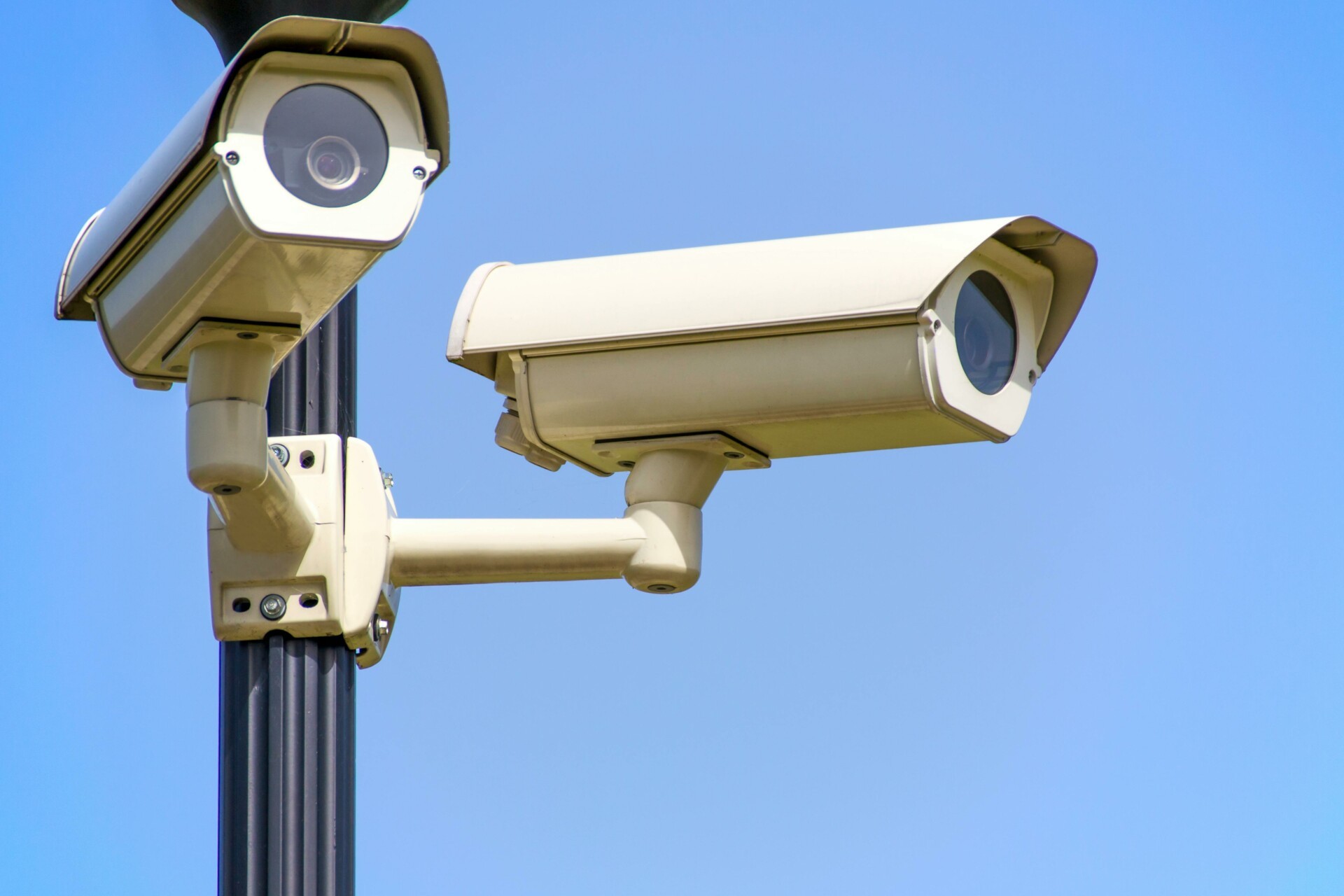
Result
„"Without security, everything else is meaningless," Chancellor Olaf Scholz stated this year at the Munich Security Conference. And indeed, this accurately describes the mood in Germany. Currently, almost two-thirds of the population consider their own security more important than their personal privacy. Just over ten years ago, less than half of the population held this view. The need for security also increases with age: almost three-quarters of retirees feel a stronger need for stability and protection.
Reasons
The war of aggression in Ukraine, the military conflict in the Gaza Strip, coupled with concerns about terrorist attacks, cybercrime, and increasing political instability worldwide – all these factors have heightened the security concerns of many citizens. This is further fueled by the immediate dissemination of information, reports, and news via traditional and social media. Moreover, technological advancements and increasing surveillance have led to a shift in perception: measures previously considered intrusions into privacy are now often seen as necessary for public safety. A prime example is the acceptance of video surveillance: whether at airports or train stations, in football stadiums, gas stations, shops, commercial or entertainment districts, and certainly at ATMs – cameras for comprehensive monitoring are accepted everywhere.
Forecast
London is considered the Western city with the most security cameras – on average, each citizen of the British capital is recorded around 300 times a day. Germany is still lagging behind in this development. While concerns regarding data protection and personal freedom are significant, the fear of terrorism, crime, and insecurity outweighs them. More and more people are willing to restrict personal freedoms in favor of greater security measures. It will be crucial to conduct an intensive debate on the proportionality and necessity of such measures to ensure that security interests are not pursued at the expense of citizens' fundamental rights.


